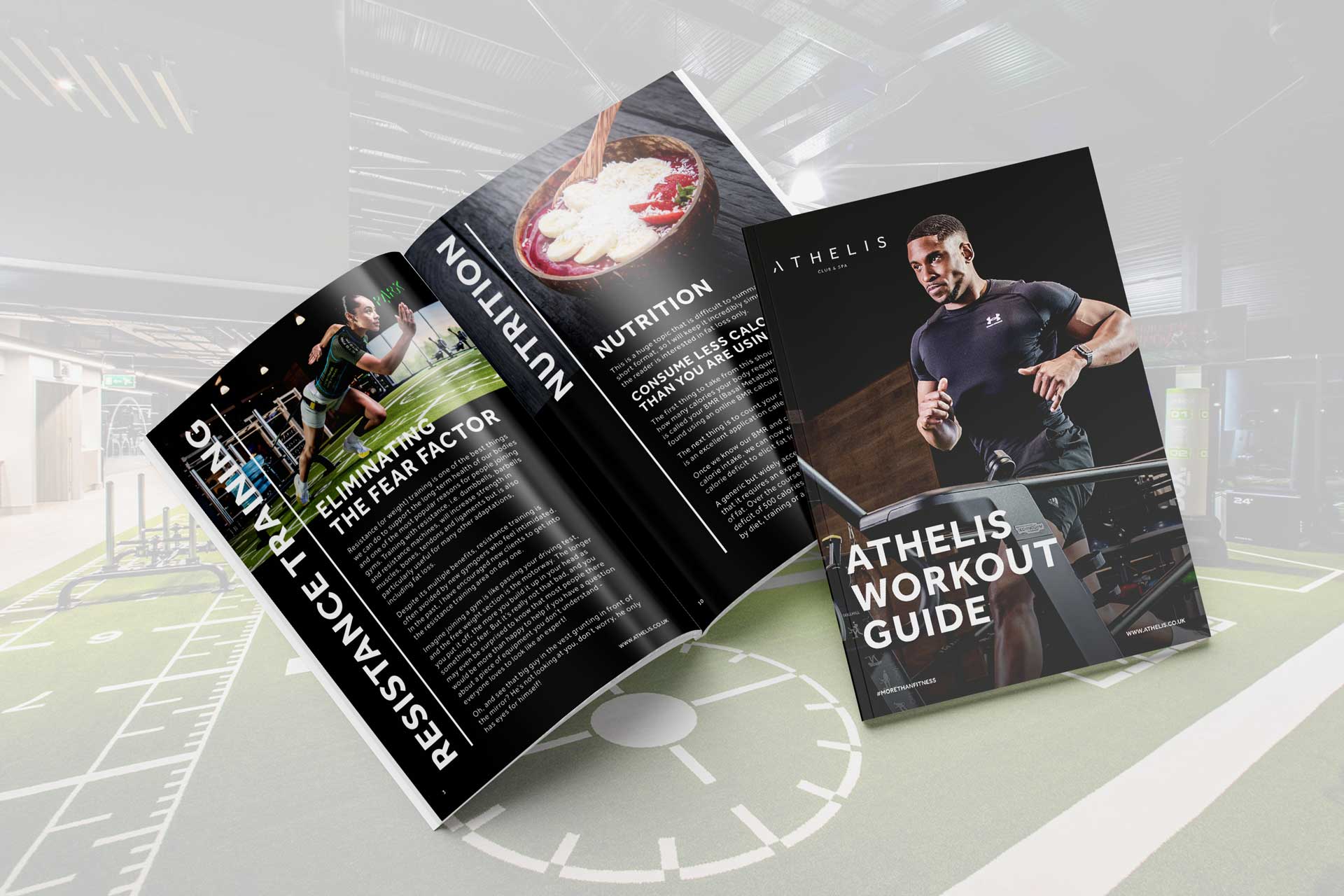All types of fitness training demand sufficient recovery time.
The importance of recovery should never be underestimated and should in fact become a regular part of our exercise regime, whatever goal you are training towards.
But that doesn’t always mean a non-exercise rest day.
While resting is vital to repair torn muscles, boost your immune system, recharge your mental batteries and promote a good night’s sleep, you don’t need to be complete sedentary.
Instead, focus on active recovery days. Improve your recovery by:
1. Performing gentle yoga poses
You may already have your favourite salutations, but if not, a series of slow and controlled yoga poses help to gently stretch out your muscles and raise your heart rate, giving you a workout that isn’t too strenuous on your body for rest day.
Powerful, confident poses will also work to lower your cortisol levels, helping you de-stress and relax too. An active recovery day doesn’t mean avoiding classes altogether – it just means choosing the right ones.
2. Making use of the foam roller
Recovery day is a great time for a mini workout with the foam roller. Massaging your deep tissue helps to soften and release tight muscles, easing any contracting tendons and targeting nerve endings. This will help turn off pain receptors and make moving a lot easier.
Be sure to work your whole body, targeting your back and shoulder, arms, bum, and legs, in multidirectional rolls (not just up and down).
3. Focus on your mobility
Active recovery days help you focus on your mobility - an area that, if overlooked could lead to injury. Use your active recovery or low-intensity day to develop the mobility in your shoulders, hips and ankles, help strengthen your natural rotation, and perfect your movements.
There are lots of small exercises you can do, like using a fitness band wrapped around your foot to pull your ankle up and down and move in circles, or rolling a ball under your arm to work that shoulder rotation.
4. Stretch it all out
After an intense workout, a proper stretch is often neglected. You might cool down and perform a few basic moves to stretch out legs and arms, but an active recovery day lets you devote time to deeper stretching exercises.
It will improve your muscle recovery, increasing blood flow and reducing lactic acid build-up. You’ll also increase your flexibility, opening up your chest to breathe deeply and refresh your whole body.
5. Walking, jogging or swimming
Lastly, recovery day is a great chance to take things easy and head out on a casual walk or light jog. Again, you’ll increase your blood flow. If you can, head out into the countryside to relax with the fresh air and scenery. If you need to put less stress on your joints, opt for some lengths in the pool.
It’ll help fill your lungs with plenty of oxygen - which aids recover - gently stretch those leg muscles, and lengthen fibres in your body.





